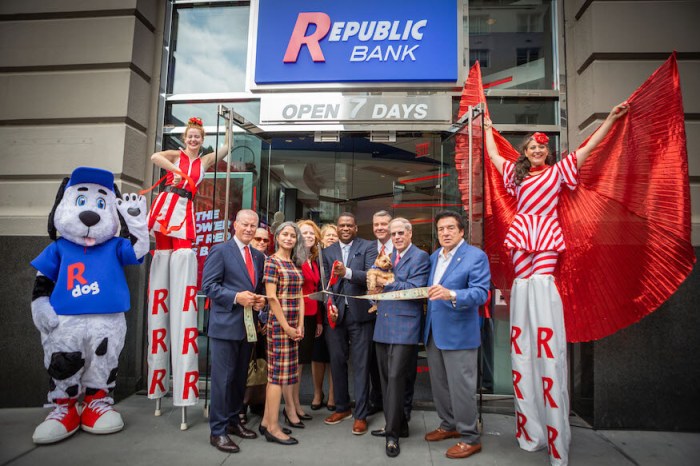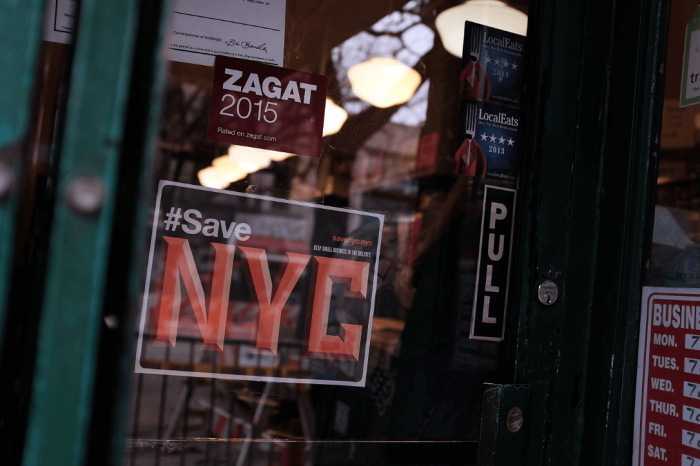Hedge-fund manager Whitney Tilson used his American Express card for three decades to buy groceries, trips to Europe and just about everything else. A few months ago, he switched.
“I charge a lot of money on my credit card,” says Tilson, 48, who manages more than $83 million at Kase Capital Management in New York. He says the Barclaycard Arrival Plus World MasterCard gives him more cash perks while rewarding him for the money he spends on travel. “The difference between getting 1 percent and 2 percent cash back is thousands of dollars and for that amount of money, Barclaycard has a better offer,” he says. American Express Co., long the envy of the industry for its wealthy clientele, is fighting to retain its grip on affluent cardholders like Tilson. Rivals including Barclays Plc and JPMorgan Chase & Co. are courting them with enhanced perks, lower fees and more incentives. And as AmEx seeks to diversify by pursuing tech-savvy millennials and underbanked Americans, the risk of eroding its brand—and its biggest source of revenue—is rising. “AmEx’s cachet with the affluent is not what it used to be,” says Jason Arnold, an RBC Capital Markets analyst. “AmEx has always enjoyed king-of-the-hill status, but that’s changed. They’ve seen more competition in the upper-end, and they recognize that they have to go elsewhere to fill that gap.” AmEx remains the most widely held card among high-net-worth households, or those with $1 million or more of investable assets, though its edge is narrowing, according to data from wealth-research firm Phoenix Marketing International. Fifty-nine percent of wealthy households had a card issued by AmEx last year, unchanged from 2012, while those holding a Chase-issued card rose to 58 percent from 52 percent, the data show. Among households making at least $125,000 annually, Chase surpassed AmEx two years ago, the data show. The competition is increasing as New York-based AmEx struggles to boost sales amid a slowdown in customer-spending growth. Revenue rose 6.6 percent in the fourth quarter, falling short of its 8 percent goal, while customer card spending increased 6 percent to $268.5 billion, compared with 9 percent in the preceding three-month period. Expenses climbed to $6.3 billion as the company says it planned to cut as many as 4,000 jobs this year to improve efficiency. AmEx, whose largest shareholder is Warren Buffett’s Berkshire Hathaway Inc., fell 7.7 percent this year through Feb. 10, the third-worst performance in the 30-company Dow Jones Industrial Average. The shares climbed in each of the previous six years. Since the financial crisis, banks have relied more on fee-generating businesses such as credit cards to counter tepid loan demand and volatile trading. As less-affluent consumers cut spending during the recession and a 2009 law known as the CARD Act limited lenders’ ability to raise interest rates and charge late fees, banks revved up their pursuit of customers with top credit scores who pay their bills on time. Credit-card write-offs slid to less than 3 percent last year, the lowest in almost three decades, according to the Federal Reserve. Most Americans carry at least three cards in their wallets and competition is fierce to supply the one that customers use for the majority of purchases, says Matt Schulz, a senior analyst at Creditcards.com.
Amex losing appeal to millionaires

iStock


















